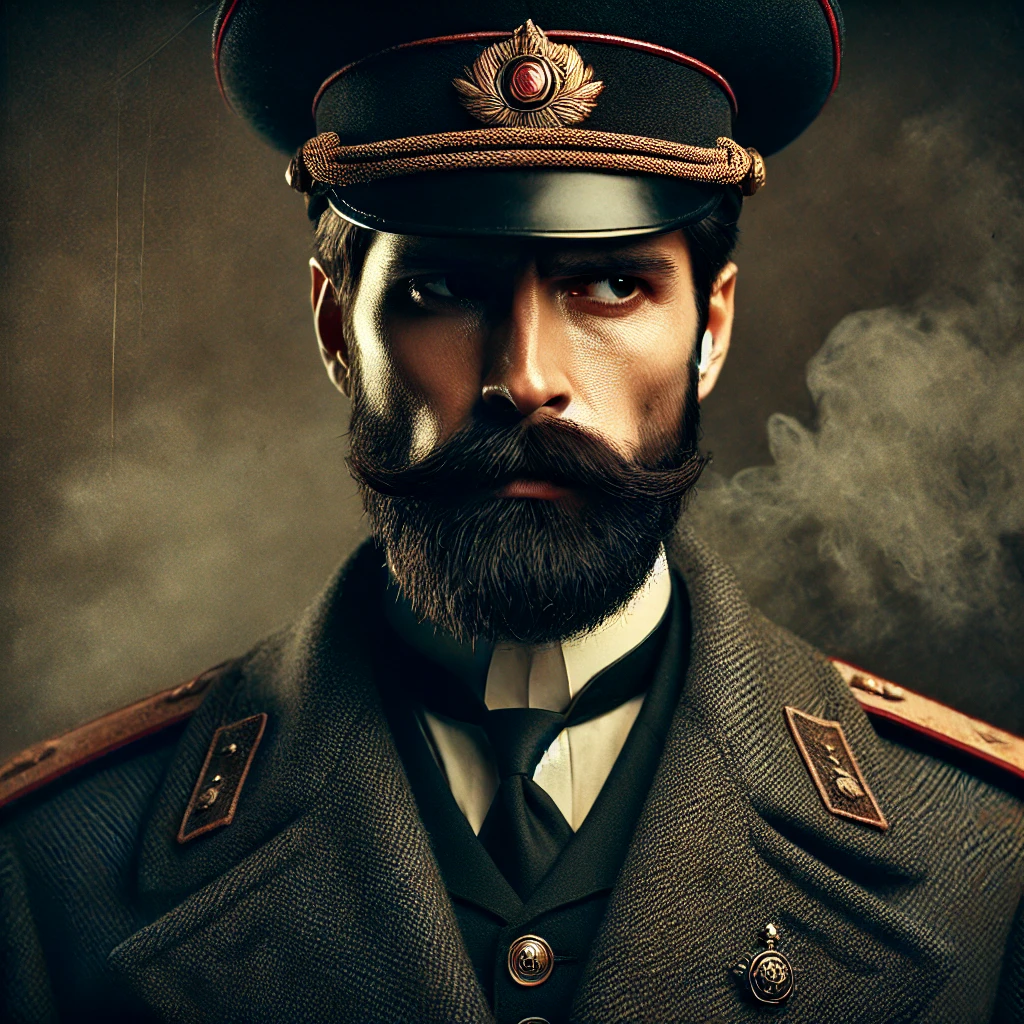Alright, let’s dive into the twisted world of Fyodor Dostoyevsky’s “Crime and Punishment” with a playful and ironic twist. Grab your detective hat, and let’s unravel the highlights of this dark and thought-provoking masterpiece!
Crime and Punishment by Fyodor Dostoyevsky is the kind of book that makes you question your life choices, especially if you’re a wannabe intellectual with a penchant for existential angst. The story centers around our not-so-heroic hero, Rodion Raskolnikov, a down-and-out ex-student living in the grimy streets of St. Petersburg. He’s the kind of guy who spends way too much time brooding over Nietzschean philosophies, which, let’s be honest, never ends well.
The novel kicks off with Raskolnikov hatching a plan that’s as brilliant as it is boneheaded: he’s going to murder an old pawnbroker to prove a point. What point, you ask? Well, he’s convinced himself that he’s some sort of extraordinary man above the moral laws that govern us mere mortals. Think Napoleon, but with fewer armies and more crippling self-doubt.
So, off he goes, ax in hand, to commit the deed. And here’s where Dostoyevsky’s genius shines: he doesn’t just let Raskolnikov get away with it scot-free. Oh no, the real punishment is psychological, and it begins the moment Raskolnikov strikes the fatal blow. Spoiler alert: he also ends up killing the pawnbroker’s half-sister, Lizaveta, who walks in at the worst possible moment. Talk about bad timing!
Now, you’d think getting away with murder would be a walk in the park for someone who’s read as much philosophy as Raskolnikov, but no. Our dear protagonist is soon caught in a web of guilt, paranoia, and feverish hallucinations. He starts acting erratically, which isn’t great when you’re trying to keep a low profile. Enter Porfiry Petrovich, the sharp-witted detective who plays a deliciously ironic game of cat and mouse with Raskolnikov. Porfiry’s strategy? Psychological warfare. He knows Raskolnikov’s guilty; he just needs him to crack.
As Raskolnikov spirals deeper into madness, he crosses paths with a colorful cast of characters who each have their own brand of misery. There’s Sonia Marmeladov, the self-sacrificing prostitute with a heart of gold, who becomes Raskolnikov’s confidante and, ultimately, his savior. Her unwavering faith and compassion highlight the stark contrast between Raskolnikov’s nihilism and the possibility of redemption. It’s almost enough to make you believe in humanity again. Almost.
Then there’s Raskolnikov’s family: his devoted mother, Pulcheria, and his sister, Dunya, who’s got her own suitor drama with the slimy Luzhin and the noble Razumikhin. Luzhin’s a real piece of work, trying to manipulate Dunya for his own gain, but she’s having none of it. Razumikhin, on the other hand, is the loyal friend who sticks by Raskolnikov despite all the craziness. He’s the kind of friend we all need but definitely don’t deserve.

One of the novel’s standout moments is the intense confrontation between Raskolnikov and Sonia. In a scene that’s both heartbreaking and cathartic, he confesses his crime to her, and instead of recoiling in horror, she embraces him, offering forgiveness and a path to redemption. It’s a turning point for Raskolnikov, who finally starts to confront the moral consequences of his actions.
But Dostoyevsky doesn’t let him off the hook that easily. The real punishment comes when Raskolnikov finally confesses to the authorities and is sentenced to Siberia. It’s in the frozen wastelands that he begins his slow journey towards spiritual awakening, guided by Sonia’s unwavering support. The ending is both hopeful and ambiguous, leaving readers to ponder the true nature of crime, punishment, and redemption.
In the grand scheme of literary classics, “Crime and Punishment” stands out for its deep psychological insights, complex characters, and philosophical musings. Dostoyevsky masterfully explores themes of morality, justice, and the human condition, all while keeping readers on the edge of their seats. It’s a rollercoaster of guilt, redemption, and existential dread, sprinkled with moments of dark humor and irony that make it a timeless masterpiece.
So, if you’re in the mood for a novel that will make you question everything you thought you knew about right and wrong, dive into “Crime and Punishment.” Just remember to leave the axe at home.


